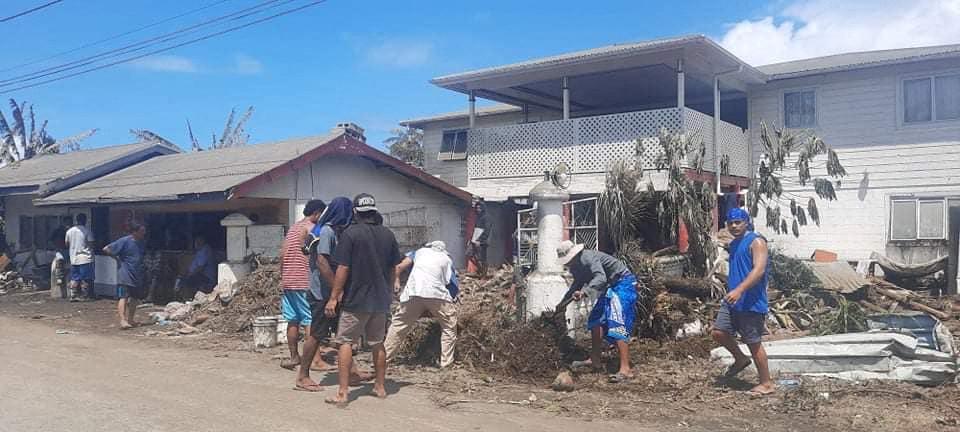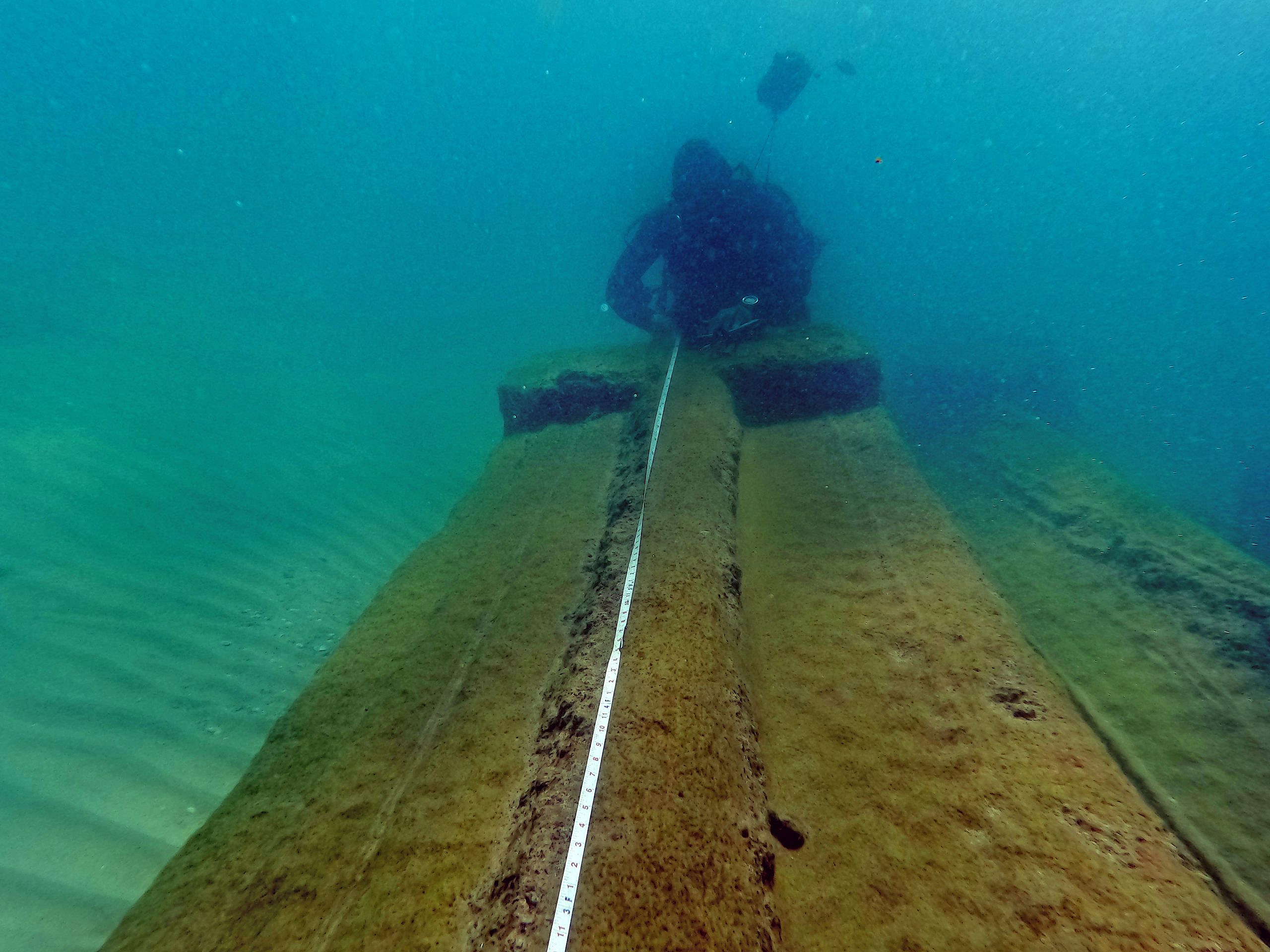“Every country has the right to its own peace and security, but not at the expense of others.”
Ban Ki-moon (8th Secretary General of the United Nations).
It is no secret that the Nuclear Suppliers Group (NSG) was created in 1974, directly in response to India’s nuclear weapons test. This multilateral control regime aimed to curb the spread of nuclear weapons by regulating the export of nuclear materials, equipment, and technology. Ironically, the same group later granted India a waiver, enabling it to pursue its nuclear ambitions unchecked. Today, this irony has evolved into a grave danger: India’s thriving black market for radioactive materials now poses a far more insidious threat to global security.
On 17 August, the discovery of radioactive material at Lucknow’s Chaudhary Charan Singh International Airport sent shockwaves across the world. This is not the first incident of this nature. In India, theft and illegal sale of nuclear and radioactive materials have alarmingly become a routine, exposing the country’s gross negligence in safeguarding these lethal substances.
Similarly, on 9 August, three smugglers were arrested in Bihar’s Gopalganj district with 50 grams of Californium— a rare and highly radioactive substance with a black-market value of nearly Indian Rs 8.5 billion. The exact isotopes involved remain unidentified as forensic evaluations drag on, further highlighting the dismal state of India’s nuclear oversight. Yet, the mere presence of Californium— particularly isotopes like Cf-249, Cf-251, and the more sinister Cf-252— raises alarming questions. The possibility of these isotopes being exploited for catastrophic purposes warrants serious consideration.
Since India joined the Incident and Trafficking Database (ITDB) in 1993, it has reported 27 incidents of nuclear or radioactive material slipping out of regulatory control. The secure operation of nuclear installations is a cornerstone of any nation’s nuclear safety and security strategy. However, the persistent and escalating theft of nuclear materials in India has gravely undermined its self-proclaimed status as a “responsible nuclear state.” These repeated breaches expose severe flaws in India’s safety and security system. This was underscored by the Nuclear Threat Initiative (NTI), a leading U.S. non-proliferation watchdog, which recently placed India at the bottom of its “Nuclear Security Index” due to its gross mishandling of nuclear materials.
While the incidents reflect a severe and repeated lapse on part of India, the muted response from the international community, particularly the USA, is equally concerning. Californium is not found in nature; it is synthetically produced in extremely limited quantities at only two facilities globally: the Oak Ridge National Laboratory in the USA and the Research Institute of Atomic Reactors in Dimitrovgrad, Russia. Oak Ridge produces approximately 0.25 grams per year, while Dimitrovgrad’s output is a mere 0.025 grams annually. This substance has crucial applications, such as serving as a primary neutron source for starting nuclear reactors, elemental analysis of nuclear fuel and explosives, neutron radiography, and cancer therapy. However, on top of all, Cf-252, with its extremely high rate of spontaneous fission, can be used to craft dirty bombs, making it an ideal choice for radiological terrorism.
If the trend of theft of radioactive material continues in India unabated as history suggests, it can turn world’s worst fears into reality. India enabling the rogue elements in making a dirty bomb would be catastrophic for the world. Also, with India’s history of apportioning blame for every ill on Pakistan, the chance of raising a false flag and pinning blame on, or connecting the making of the dirty bomb to, Pakistan could also become a real possibility.
Nuclear theft incidents reveal a substantial gap in India’s system— far more than a mere flaw— allowing criminals to openly trade nuclear materials on the black market besides raising serious concerns about potential involvement of government officials in these dangerous activities.
To shift the blame away from itself, India would very conveniently scapegoat Pakistan. Ironically, history also suggests that the West tends to side with India in such situations specifically on the aspect of nuclear safety and security. In the case of India, the West has repeatedly failed to call a spade a spade, whether it be nuclear safety and security or the human rights situation in Indian-Occupied Kashmir. It has only been in the case of extra-territorial killing or attempted killing of Canadian and US nationals on their own soils that the world heard muffled condemnation of India, which has also not been effectively followed through. Political and economic interests have always trumped moral and ethical aspects.
Disturbingly, recent reports also indicate that Indian non-state actors have somehow secured access to californium, exposing the profound shortcomings of India’s nuclear security infrastructure. Given its inherent volatility and catastrophic potential, the question is no longer hypothetical; it’s not a matter of if these actors will deploy it, but when and how devastating the consequences will be. The acquisition of californium by such groups signals the preparation for an unprecedented act of radiological terrorism, one that could far surpass anything we have previously encountered.
The West, especially the major powers need to put aside their political interests in the larger interest of the safety and wellbeing of the billions of people that inhabit this planet. Following a 2008 exemption from the NSG, India gained access to the international uranium market, amassing a significant uranium reserve. In the light of poor security of nuclear materials, it is crucial for NSG countries to take decisive action and withhold India’s waiver status for its lapses in nuclear security.
India is a party to both the Convention on the Physical Protection of Nuclear Material (CPPNM) and UNSC Resolution 1540, which aim to enhance global security by preventing nuclear proliferation and safeguarding nuclear materials. However, India’s irresponsible behavior on these counts threatens to undermine these commitments and weaken the broader non-proliferation regimes. Such actions jeopardize the effectiveness of these international agreements and compromise global efforts to prevent nuclear threats.
Nuclear theft incidents reveal a substantial gap in India’s system— far more than a mere flaw— allowing criminals to openly trade nuclear materials on the black market besides raising serious concerns about potential involvement of government officials in these dangerous activities. With nuclear safety and security being a national responsibility, it is imperative that India takes comprehensive and immediate measures to overhaul its nuclear security protocols, ensuring that such dangerous lapses never recur. The time to act is now before the next breach leads to an irreversible disaster.
Note: This article have been indexed to our site. We do not claim legitimacy, ownership or copyright of any of the content above. To see the article at original source Click Here













